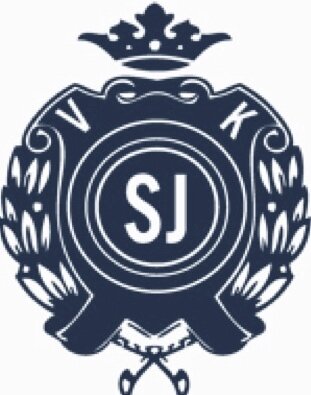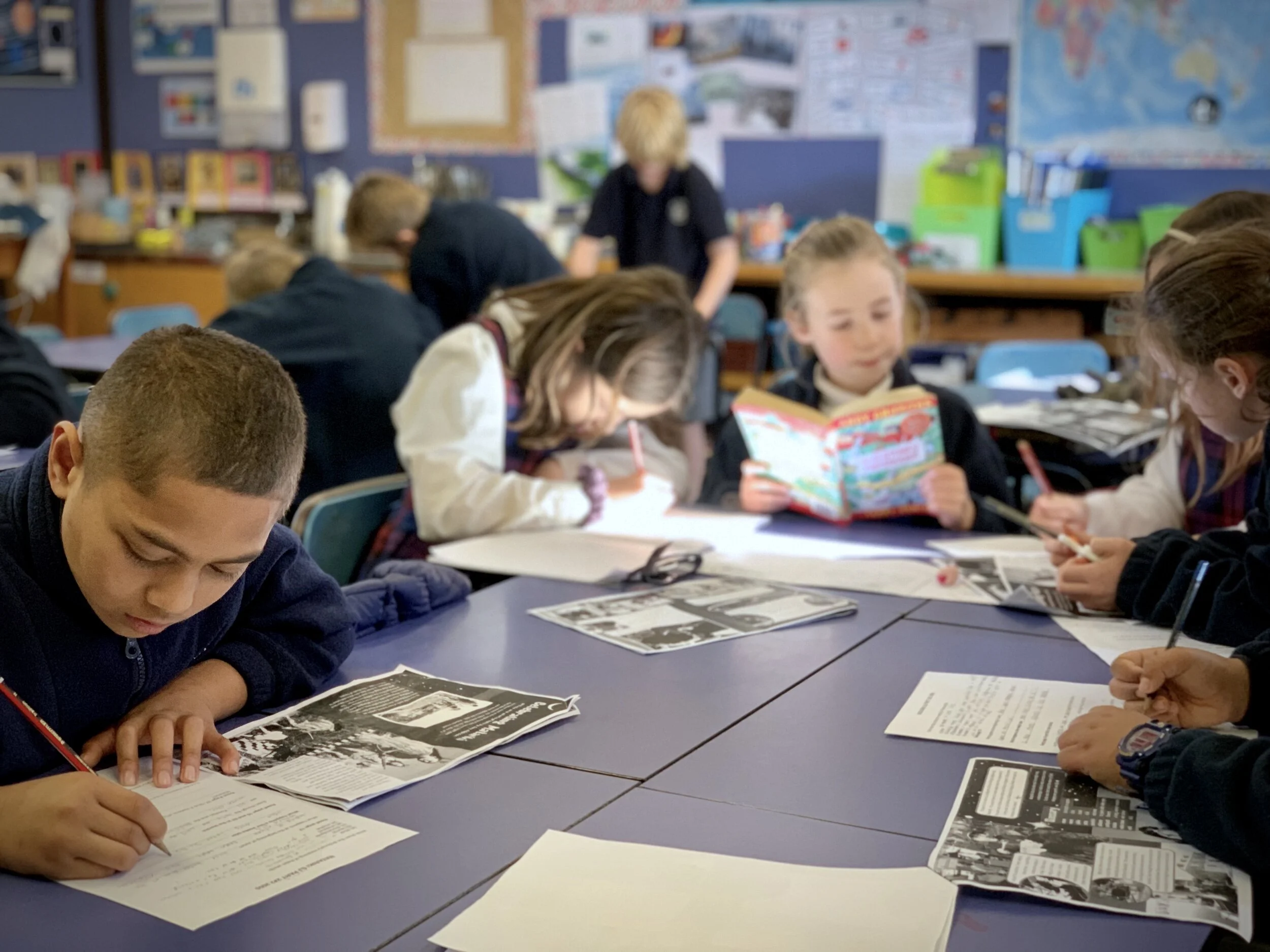Core Curriculum Areas
EDUCATION IN FAITH: The Education in Faith Programme is based on the Religious Education Programme for New Zealand Schools.
We have full school Masses on special occasions eg. the school Patronal Feast, 19 March. There are frequent prayer liturgies at class, syndicate or whole school level. Parents and the wider Parish Community are welcome to these. Students and families are encouraged to participate in the Parish sacrament of reconciliation services prior to Easter and Christmas. On going reception of the sacraments are seen as a family responsibility supported by the school.
The usual time for direct preparation for initiation into the sacrament of reconciliation, confirmation and Eucharist is the child's fourth year at school. The preparation for receiving the Sacrament of Confirmation will be in the context of the wider parish. Parents are very much involved in their child's preparation for these Sacraments. A Parish Sacramental Team works with them and our school plays a supportive role.
The relationship between God and ourselves as well as ourselves and others, is stressed at all levels.
ENGLISH: The English programme is central to the idea that language and literature are vital to all learning now and in later life. English activities will be based on tasks which follow the three main strands in the Curriculum Statement ie Written, Oral and Visual, and sub strands of listening, speaking, reading, writing, viewing and presenting. These three strands follow through from Year One to Year Eight.
MATHEMATICS: It is important that students develop the skills, concepts, understanding and attitudes which will enable them to cope with the mathematics of everyday life. Our aim is to help students achieve these goals. We also aim to make Mathematics interesting, rewarding and stimulating so that students develop a continuing and creative interest. Content areas covered are: number, geometry, measurement, statistics, algebra and mathematical processes.
SCIENCE: Science involves finding out about, learning about and understanding the world in which we live. Students will carry out investigations and learn how to observe and record findings. This will help students develop skills in observation, testing ideas, recording and interpreting information, finding information for projects and using scientific equipment. As well they will learn to ask ‘why’ and ‘how’.
TECHNOLOGY EDUCATION: Technology is about finding solutions to meet people’s needs. Technology education is a process designed to develop students’ confidence in understanding and using existing technologies and in creating solutions to technological problems that will make our world a better place for all.
SOCIAL STUDIES: Social Studies is about how people in different cultures, times and places think, feel and act; how they organise their way of life, interact with others and initiate or respond to change. The aims of Social Studies are:
To develop those ideas and skills that will contribute to their understanding of themselves as part of their society, culture and heritage;
To think clearly and critically about human behaviour and values so that they may make reasoned choices;
To apply their knowledge and abilities to the welfare of people in a variety of local and global settings.
THE ARTS: Dance, Drama, Music and the Visual Arts develop the artistic and aesthetic dimensions of human experience. They contribute to our intellectual ability and to our social, cultural and spiritual understandings. They are an essential element of daily living and of lifelong learning. Class lessons, assemblies, liturgies and class and school performances are vehicles that provide opportunities to appreciate and share enjoyment of The Arts.
HEALTH & PHYSICAL EDUCATION: The Health and Physical Education programme promotes:
a positive and responsible attitude to each students’ own well-being;
respect for the rights of other people;
care and concern for other people in their community and for the environment;
a sense of social justice.

